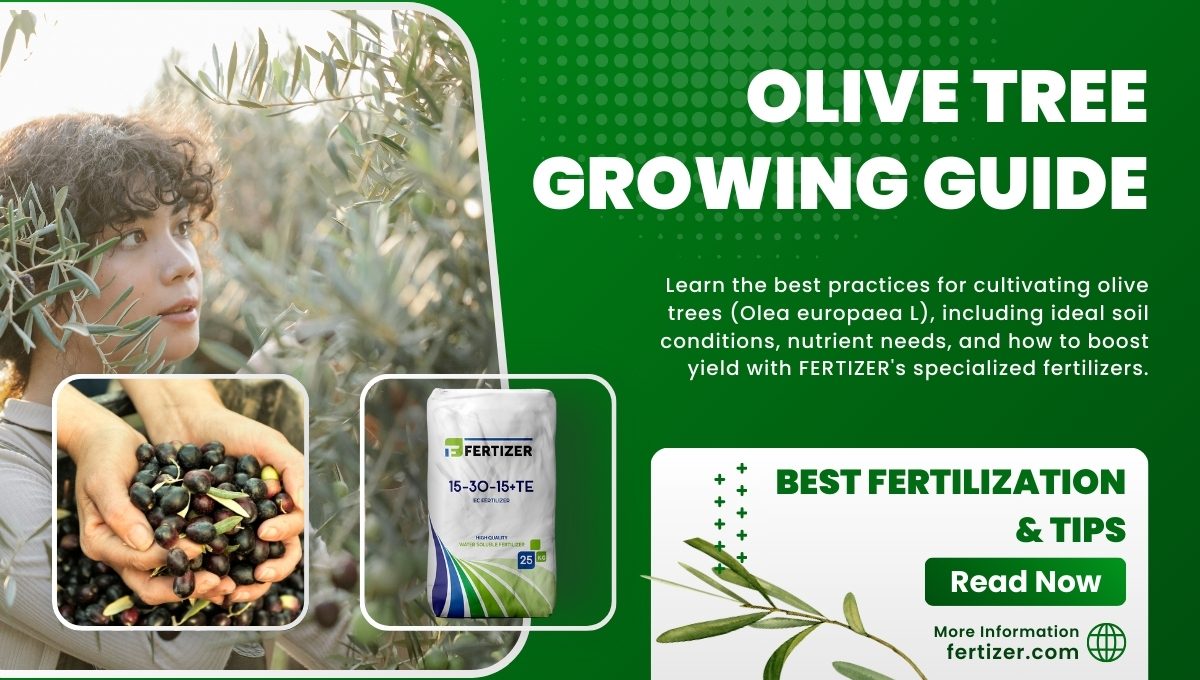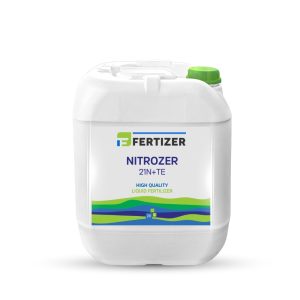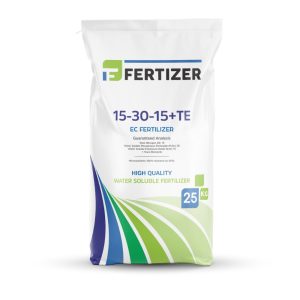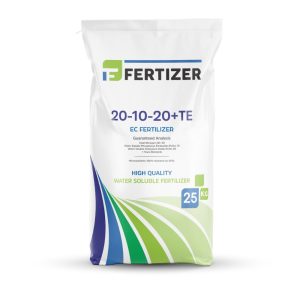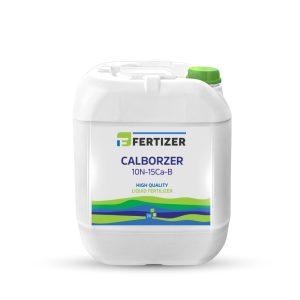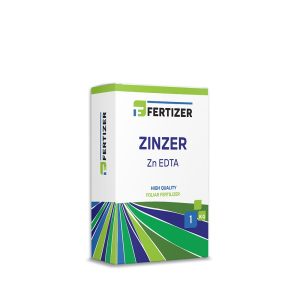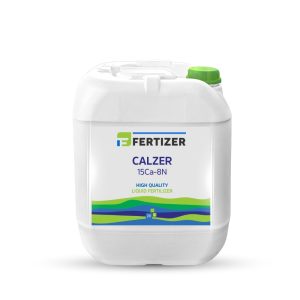The olive trees (Olea europaea L) has held economic and cultural significance for thousands of years. For healthy and productive olive cultivation, suitable soil conditions and a well-planned fertilization program are essential. In this article, we will explore the ideal soil characteristics and fertilization methods for olive trees, along with specially developed fertilizers for olives offered by FERTIZER.
Ideal Soil Properties for Olive Trees
Optimal Soil Structure
Olive trees thrive best in loamy and sandy soils with medium texture. These soils offer good aeration and sufficient water retention. In contrast, heavy, poorly drained soils can negatively affect root health and lead to reduced yields.
Soil pH Level
Olive trees can grow without issues in soils with a neutral to slightly alkaline pH, ideally ranging between 6.5 and 8.0.
Nutrient Requirements and Fertilization for Olive Trees
Balanced nutrient supplementation is crucial for the healthy growth and productivity of olive trees. You can meet these needs with FERTIZER’s specialized products.
Nitrogen (N)
Nitrogen is essential for shoot development, leaf growth, and fruit set. Deficiency causes yellowing and reduced shoot growth.
- Fertizer NITROZER: A liquid fertilizer with high nitrogen content for rapid absorption. Promotes shoot development in spring.
Phosphorus (P)
Phosphorus supports root system development and is vital during flowering. Its deficiency limits root growth and reduces flowering.
- Fertizer 15-30-15+TE: A water-soluble fertilizer rich in phosphorus. Ideal after planting and before flowering to boost root development.
Potassium (K)
Potassium plays a key role in fruit size, oil content, and fruit quality. Deficiency results in small fruits with lower oil content.
- Fertizer 20-10-20+TE: Enhances fruit growth and oil production with its potassium content. Best applied after fruit set.
Boron (B)
Boron is critical for flowering, pollen formation, and fruit set. Its deficiency leads to flower and fruit drop.
- Fertizer CALBORZER: Enriched with boron and calcium, this special formula improves flowering and fruit set, enhances fruit quality, and reduces fruit drop. Best applied before flowering.
Zinc (Zn)
Zinc supports shoot and leaf development and enhances photosynthesis. Deficiency results in slow growth and small leaves.
- Fertizer ZINZER: With high zinc content, it promotes leaf development and shoot growth. Ideal application is before flowering.
Calcium (Ca)
Calcium improves fruit firmness and strengthens cell walls. It enhances post-harvest fruit quality and extends shelf life.
- Fertizer CALZER: Provides 15% water-soluble calcium oxide (CaO) to strengthen plant cell walls and protect against fungal and bacterial infections.
Fertilization Timing and Application Methods
Timing is critical in fertilizing olive trees. A general fertilization schedule is as follows:
- Early Spring: Apply Fertizer 15-30-15+TE to support shoot and leaf development.
- Before Flowering: Use NITROZER for nitrogen and SEVENZER for micronutrients.
- Post Fruit Set: Apply 20-10-20+TE to support fruit development.
- Pre-Flowering (Boron Supplement): Use CALBORZER to enhance flowering and fruit set.
Common Issues and Recommended Solutions
Root Diseases
Poor drainage and heavy soils can cause root diseases. Improving soil structure and implementing effective drainage systems can help reduce these problems.
Nutrient Imbalances
Regular soil and leaf analysis should be conducted. Based on results, appropriate FERTIZER products should be applied promptly to correct deficiencies.
In conclusion, the healthy growth and high-quality fruit production of olive trees depend on proper soil conditions and balanced fertilization. With FERTIZER’s scientifically formulated products, you can ensure sustainable productivity and quality in your olive orchards. For optimal results, perform regular analyses, identify nutrient needs accurately, and plan your fertilization schedule accordingly.

